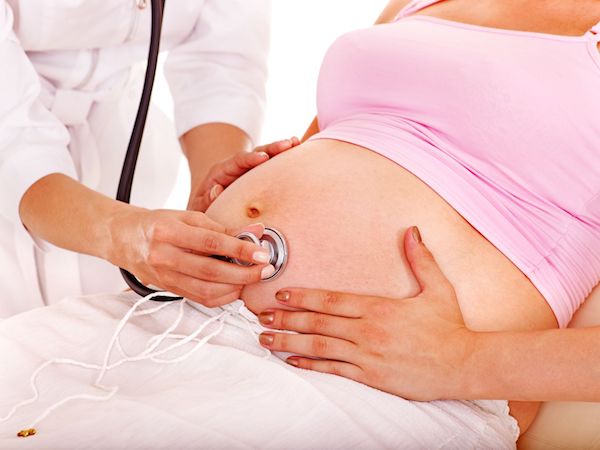What will happen to my migraines during pregnancy?
Author: Dr Vanessa Doyle and Dr Suzanne Christie
Hormonal changes during pregnancy can have an impact on your migraines with fluctuations in the levels of hormones, causing your migraines to improve, worsen or even stabilize.
The levels of estrogen and progesterone, the two main types of sex hormones, continue to fluctuate during pregnancy but once estrogen stabilizes, the high levels often lead to an improvement in pregnancy. Migraines may also improve during pregnancy as a result of higher levels of endorphins, which are natural painkillers.
In 60-70% of women who suffer from migraine without aura, the headaches often improve in the second and third trimesters of pregnancy, especially in those with menstrual migraine. However, for those who suffer from migraine with aura, attacks are likely to continue during pregnancy and for those who have their first ever migraine during pregnancy, it is most likely to be associated with an aura.
Since skipping meals and poor hydration can trigger migraine attacks, it is important to stay hydrated and eat frequent small meals.
Overall, 25% of migraine suffers will have migraines during the 1st trimester; 50% will improve during the 2nd trimester; and 80% will not have any attacks during their 3rd trimester. There is no evidence to suggest that migraine during pregnancy, either with or without aura, affects the risk of miscarriage, stillbirth or fetal defects.
If migraine attacks become difficult to manage during pregnancy, speak with your doctor to find a medication that is safe to take and that will be effective in treating your migraines.
Categories
THE MIGRAINE TREE
- BRANCHES
- ACUTE TREATMENTS
- DEVICES AND NEUROMULATIOIN
- PREVENTIVE TREATMENTS
- PROCEDURES AND INJECTIONS
- SELF-CARE AND LIFESTYLE
- SOCIAL LIFE
- TRUNK
- ROOTS
OTHER CATEGORIES




